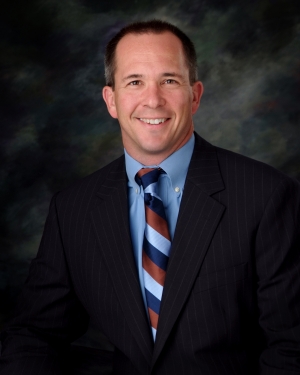Pennsylvania Supreme Court Lets Stand Blanket Prohibition on Discovery of Attorney-Expert Communications.
On April 29, 2014 an evenly divided Supreme Court let stand a Superior Court opinion which effectively creates a blanket prohibition on discovery of communications between an attorney and his or her expert. On November 23, 2011 the Superior Court handed down its opinion in Barrick vs. Holy Spirit Hospital, (32 A.3d 800). In that case, Carl Barrick brought suit against the hospital and its catering company, Sodexho, for injuries suffered when chair on which he was sitting collapsed beneath him in hospital cafeteria. Sodexho sought discovery directly from one of Mr. Barrick’s treating physicians, Dr. Greene, who was also designated as an expert witness to testify at trial. The medial records were produced, but Dr. Greene refused to produce “Certain records of this office that pertain to Mr. Barrick but were not created for treatment purposes….” These records included communication between Dr. Greene and Mr. Barrick’s attorney. Sodexho moved to enforce the subpoena which was granted by the trial court. An interlocutory appeal followed.
The Superior Court reversed. Its analysis focused on Pa.R.C.P. 4003.3 which protects from discovery counsel’s work product and 4003.5 which limits expert discovery. Discussing Rule 4003.5, the Superior Court reiterated the Supreme Courts’ interpretation of the rule in a prior case which held that, in Pennsylvania, expert discovery absent cause shown, is limited to the interrogatories described in Pa.R.C.P. 4003.5(a)(1) .
The Superior Court went on to hold that written communication between counsel and an expert witness retained by counsel is not discoverable as it is protected under the work-product doctrine of Pa.R.C.P. 4003.3. The only exception to this blanket prohibition arises where the party propounding the discovery can show that the communication itself is relevant.
Scope Of “Work Product” Expert Discovery To Be Considered
Reprinted with permission from April 5, 2013 issue of The Legal Intelligencer. (c)
2013 ALM Media Properties.
Further duplication without permission is prohibited.
The Pennsylvania Supreme Court is set to hear argument on April 10, 2013 regarding the scope of the work product doctrine and the discovery of materials contained in a testifying expert’s file on April 10, 2013. The specific issue on appeal is whether Pennsylvania Rule of Civil Procedure 4003.3 provides absolute work product protection for all communications between a party’s counsel and its testifying trial expert. The decision may provide clarity and guidance to litigation counsel facing an otherwise clouded issue.
In Barrick v. Holy Spirit Hospital, 32 A. 3d. 800 (Pa. Super. 2011), the trial court was faced with a subpoena directed to a medical provider who was both a treating physician and an expert retained for the purpose of offering trial testimony. The trial court, after an in camera inspection, ordered the enforcement of the subpoena and the disclosure of communications between the expert and the Plaintiff’s counsel. Plaintiff appealed, arguing the application of the work product doctrine under Pennsylvania Rule of Civil Procedure 4003.3 and trial preparation materials under Rule 4003.5 protected the communications from disclosure.






















